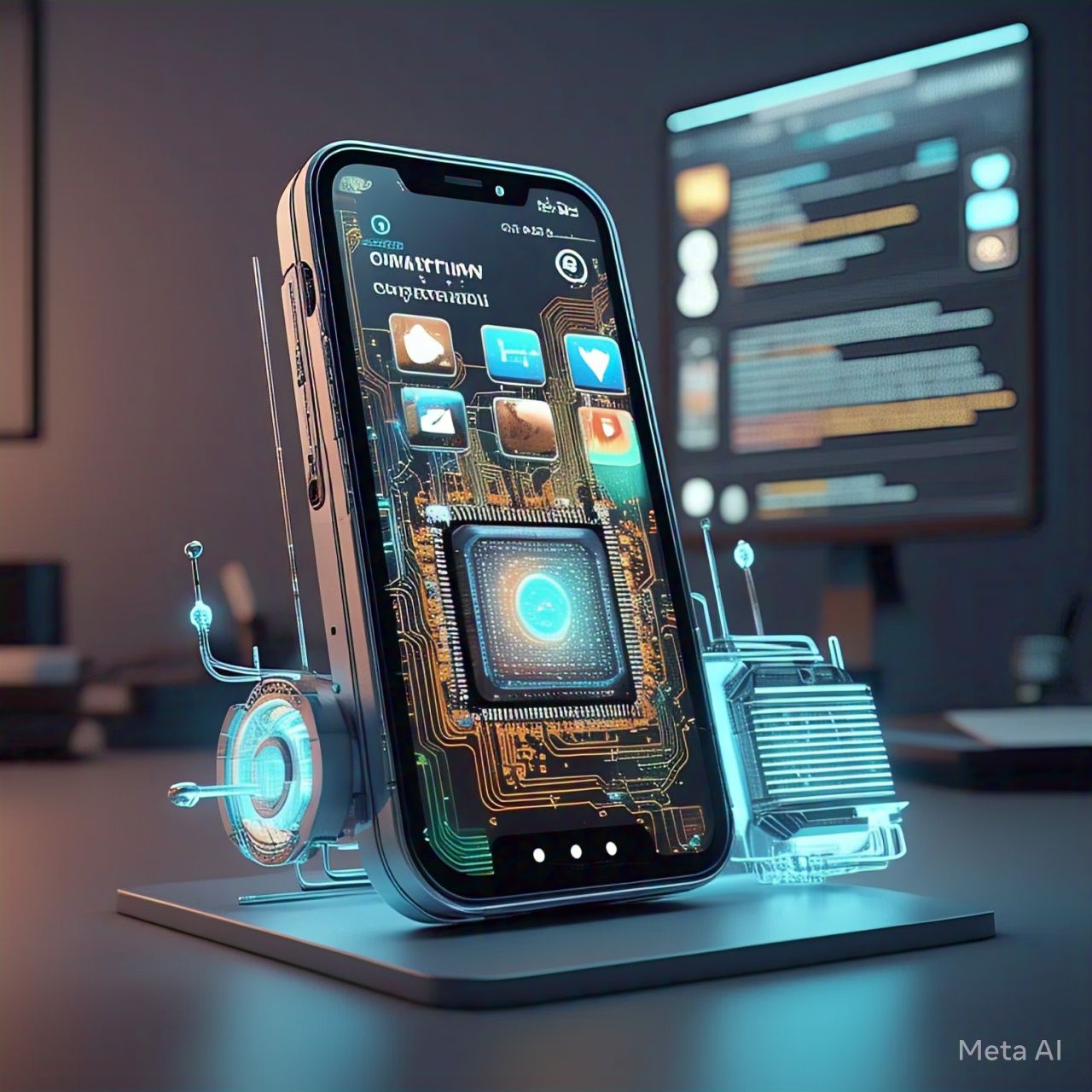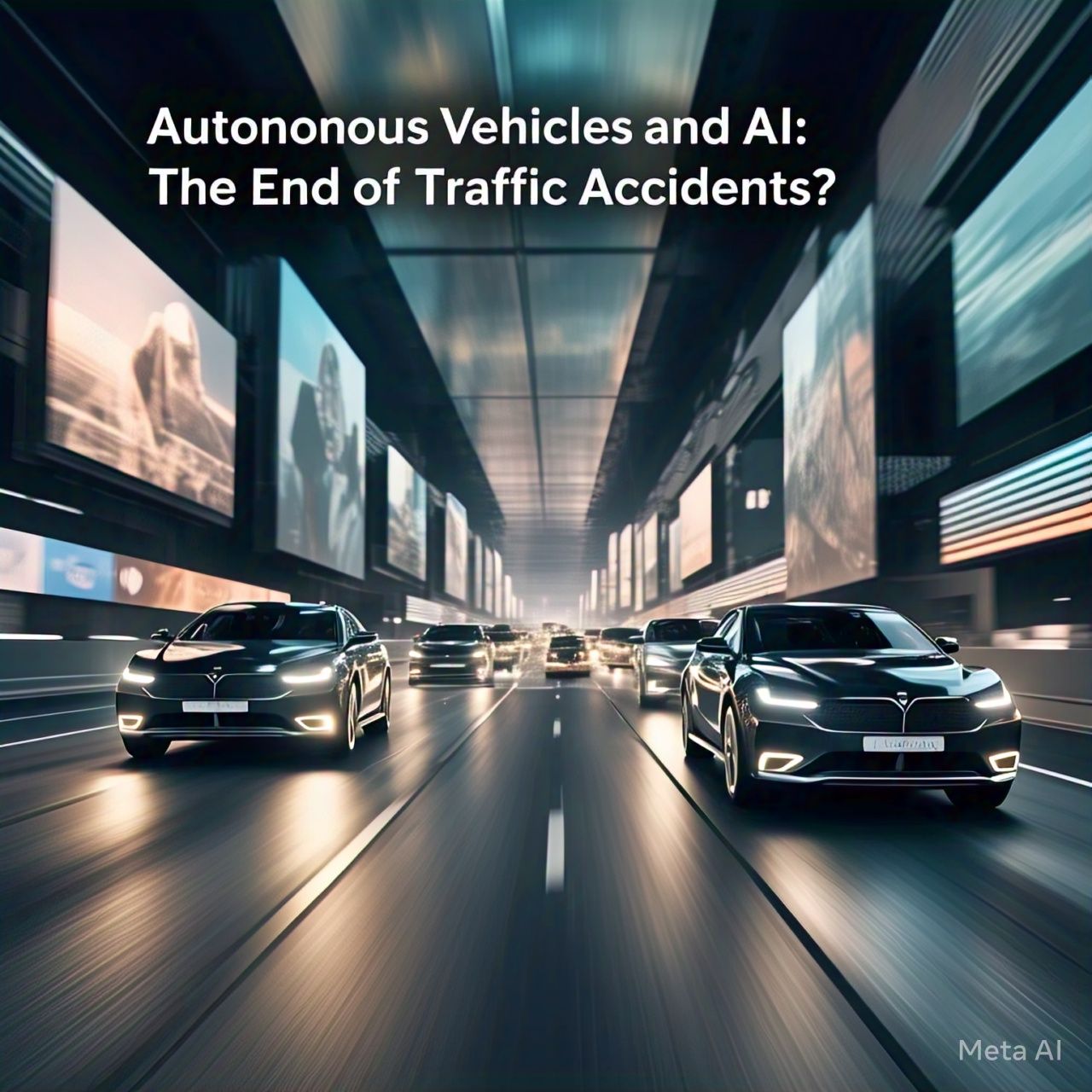Introduction
The rapid advancement of AI mobile chips has already transformed smartphones into powerful computing devices. But what happens when quantum computing enters the picture? As researchers explore quantum technologies, the possibility of integrating quantum computing with AI-driven mobile chips is becoming an exciting prospect.
Could the combination of AI chips and quantum computing revolutionize mobile technology? In this article, we explore how these two cutting-edge fields intersect and what the future may hold for mobile devices.
Understanding AI Chips in Mobile Devices
1. The Role of AI Mobile Chips
AI mobile chips, such as Neural Processing Units (NPUs) and Machine Learning Accelerators, enhance smartphone performance by:
- Processing AI tasks efficiently, such as voice recognition and image enhancement.
- Enabling real-time decision-making, reducing dependence on cloud computing.
- Optimizing battery life, ensuring power-efficient AI operations.
These chips have led to breakthroughs in computational photography, gaming, augmented reality (AR), and voice assistants.
2. Limitations of AI Chips in Mobile Computing
Despite their advancements, AI mobile chips face limitations:
- Processing complex AI models requires significant power and time.
- Current architectures have limitations in solving highly intricate problems.
- Traditional silicon-based processors are reaching physical constraints.
This is where quantum computing could step in to redefine mobile intelligence.
What Is Quantum Computing and How Could It Impact Mobile AI?
1. Quantum Computing Basics
Unlike classical computing, which relies on binary bits (0s and 1s), quantum computing uses qubits, which can exist in multiple states simultaneously (superposition). This enables:
- Exponentially faster computations for complex problems.
- Advanced pattern recognition and optimization for AI algorithms.
- Breakthroughs in encryption, security, and data processing.
2. Quantum AI in Mobile Devices
Quantum computing is still in its early stages, but its potential impact on mobile AI chips includes:
- Faster AI model training and processing, improving real-time applications.
- Enhanced data security and encryption, making smartphones more secure.
- Better energy efficiency, reducing battery drain from intensive AI tasks.
The Challenges of Bringing Quantum Computing to Mobile Devices
1. Hardware Miniaturization
Quantum computers currently require extreme cooling and precise conditions to function. Integrating them into smartphones presents challenges:
- Quantum processors need a stable environment, unlike classical mobile chips.
- Current quantum technology is too large to fit in a smartphone-sized device.
- Significant advancements in material science are needed to make quantum chips mobile-friendly.
2. Power Consumption and Efficiency
Quantum processors require a lot of energy, while smartphones are designed for power efficiency. Bridging this gap is a major hurdle for mobile integration.
3. Software and AI Adaptation
Mobile applications rely on classical computing principles. New software frameworks will be needed to take full advantage of quantum AI in smartphones.
The Future of AI Chips and Quantum Computing in Mobile Devices
1. Hybrid AI-Quantum Systems
Rather than replacing traditional AI mobile chips, quantum computing may initially be used in a hybrid approach:
- Quantum-powered cloud AI, where mobile devices offload complex calculations to remote quantum servers.
- Edge computing integration, where AI mobile chips handle real-time tasks while quantum computing optimizes background processes.
- Smarter AI algorithms, designed to utilize quantum acceleration selectively.
2. Quantum-Secured Mobile Communication
Quantum encryption and security mechanisms could make smartphones:
- Resistant to hacking and cyberattacks.
- More secure for financial transactions and data storage.
- Better at safeguarding user privacy with quantum cryptography.
3. Breakthroughs in Quantum Miniaturization
As research progresses, we may see:
- Portable quantum chips with reduced cooling and energy requirements.
- AI-driven quantum simulations helping improve chip design and efficiency.
- The first quantum-enabled smartphones within the next decade.
Conclusion
The fusion of AI mobile chips and quantum computing represents a paradigm shift in mobile technology. While true quantum-powered smartphones may still be years away, the potential impact on AI, security, and efficiency is undeniable.





